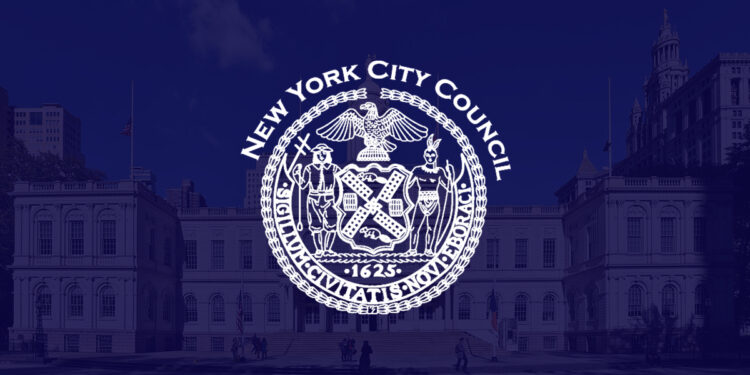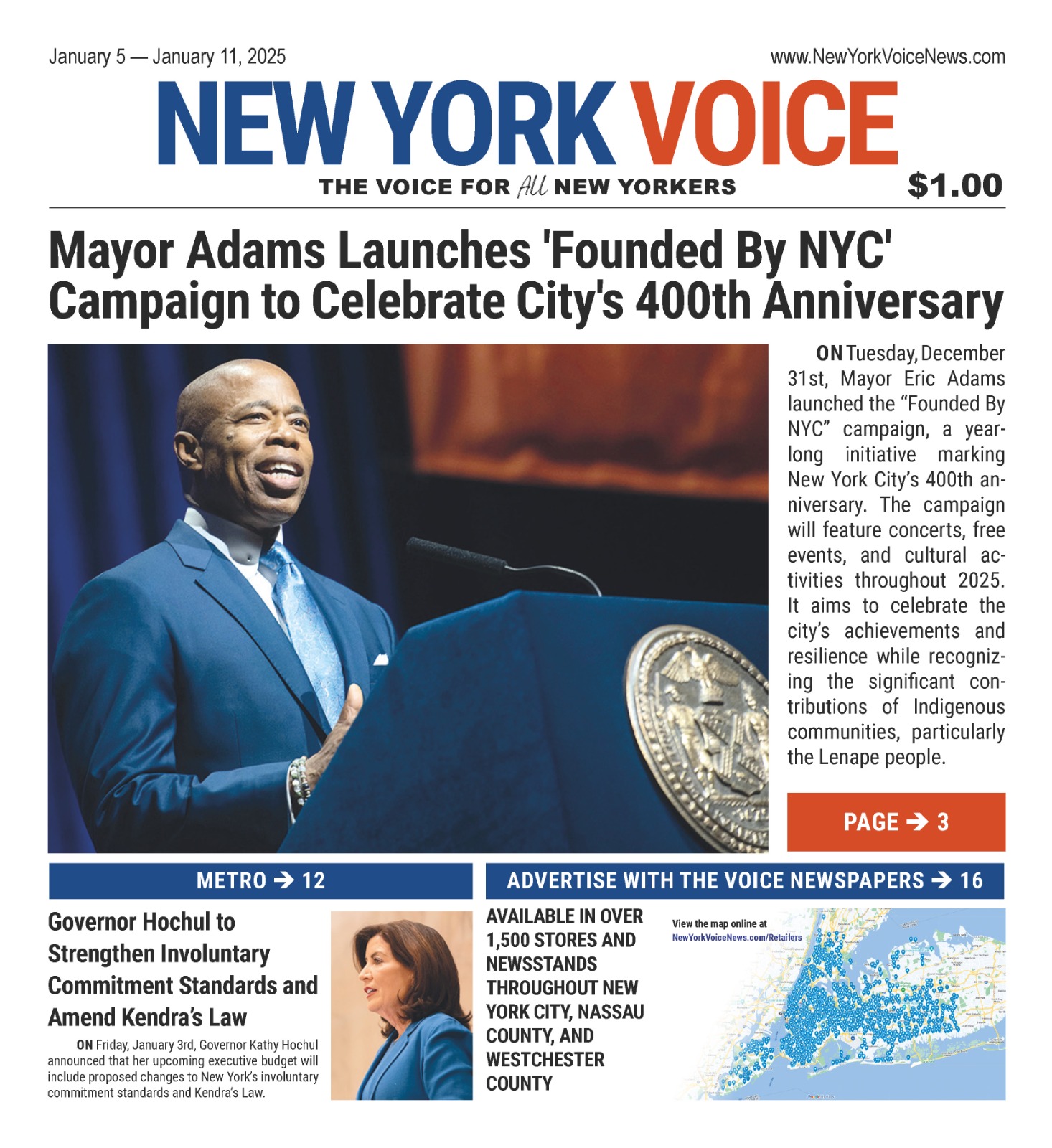On Wednesday, November 13th, the New York City Council approved the Fairness in Apartment Rental Expenses (FARE) Act with a veto-proof 42-8 vote, marking a significant shift in how broker fees are handled in the city’s rental market. The new law mandates that the party hiring the broker must pay their fees, transferring the financial burden from tenants to landlords. The move aims to alleviate housing affordability challenges in one of the nation’s most expensive rental markets.
Under the current system, renters often pay brokers hired by landlords, incurring fees as high as 12-15% of annual rent. When combined with upfront costs like a security deposit and the first month’s rent, tenants can face bills exceeding $10,000 for a typical one-bedroom apartment. Councilmember Chi Ossé, who introduced the legislation, celebrated its passage, saying, “They spent hundreds of thousands of dollars to lobby our politicians to try to kill this bill, but you know what we did? We beat them.” Councilmember Shaun Abreu added, “When you add security deposits, first month’s rent, and broker fees, our families are drowning.”
While tenant advocates have praised the FARE Act as a major step toward housing affordability, real estate groups, and some officials have raised concerns. Bess Freedman, CEO of Brown Harris Stevens, warned that landlords might respond by raising rents. Mayor Eric Adams, though unable to veto the bill, expressed similar reservations, stating, “This could transform a one-time cost into a permanent fee built into your rent.” Critics, including Councilwoman Vickie Paladino, labeled the law as short-sighted, with Paladino saying, “We’re only going to make things worse.”
Supporters argue the law aligns New York City’s rental practices with those in most other U.S. cities, where landlords typically cover broker fees. The Legal Aid Society welcomed the legislation, stating, “This is a step toward reforming a system that has forced tenants to pay exorbitant broker fees.” The law is expected to take effect 180 days after becoming law, regardless of whether Adams signs it.
As legal challenges loom, the FARE Act represents a critical shift in addressing tenant affordability and reshaping NYC’s rental market.










